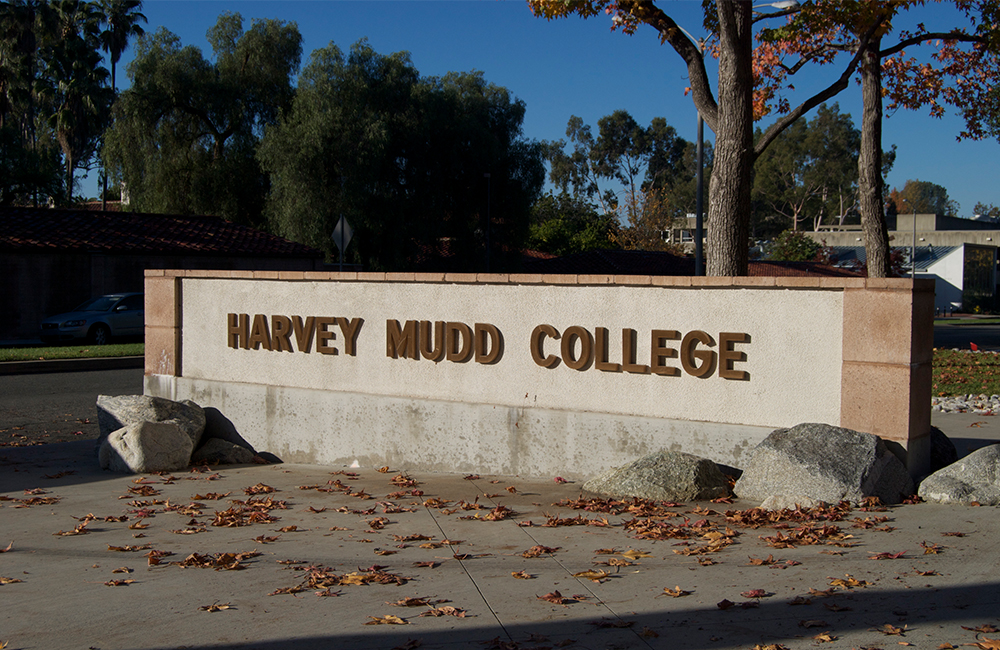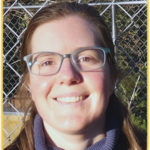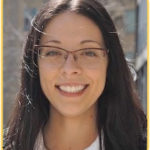Harvey Mudd Welcomes New Postdoctoral Program Scholars
June 29, 2020
Harvey Mudd College welcomes three scholars— Morgan Carr-Markell, Sarah Kavassalis and Joseph Wirth—who have been hired as part of a pilot three-year postdoctoral program that responds to the increased demand for faculty members equipped with the ability to teach computational skills.
With the Postdoctoral Program in Interdisciplinary Computation (PIC), the College seeks to address the needs for more faculty members equipped to teach students computational skills that are applicable within a wide variety of disciplines.
“It can be difficult for academic institutions to recruit and retain faculty with strong computational skills because many people with computing-related PhDs are recruited to industry positions, which tend to have higher salaries,” says President Maria Klawe. Harvey Mudd College’s postdoctoral program is designed for outstanding candidates receiving their PhD in diverse areas of science or engineering who have strong computational skills.
The program also promotes the inclusive curriculum and pedagogy that has made Harvey Mudd so successful in graduating women and under-represented minorities all STEM areas, including computer science, engineering and physics.
“Our goal is to train recent PhD recipients in scientific fields to help them develop as researchers, become excellent teachers of computational courses, and obtain faculty positions that bridge their home discipline and computer science,” says Chris Clark, professor of engineering and PIC program director.
The College selects scholars—like Carr-Markell, Kavassalis and Wirth—who have a passion for, and ability in, teaching, research and promoting diversity and inclusion. At Harvey Mudd, they will pursue in-depth research and novel pedagogical methods as well as gain the experience and preparation necessary for working at a small liberal arts college. As part of the postdoctoral program, scholars will collaborate with HMC faculty members to conduct research in one of four focus areas: multi-robot planning and control with Clark; microbial genome evolution with Eliot Bush, professor of biology; air quality and climate change with Lelia Hawkins, associate professor of chemistry; or collective behavior in social insects with Matina Donaldson-Matasci, Barbara Stokes Dewey Assistant Professor of Biology.
The PIC also features a one-week workshop on inclusive pedagogy and curriculum for computational courses that will be open to all U.S. faculty and senior graduate students.
2020 HMC Postdoctoral Scholars
 Morgan Carr-Markell is a PhD candidate at the University of Minnesota, studying honey bee foraging behavior in landscapes with reconstructed prairie ecosystems. She began studying honey bees as an undergraduate at Wellesley College and continued studying them for her master’s degree at the University of Illinois at Urbana-Champaign, where she started keeping her own colonies as a hobby. She enjoys learning and teaching about biological systems, especially how interacting individuals can make collective decisions without any central authority telling them what to do.
Morgan Carr-Markell is a PhD candidate at the University of Minnesota, studying honey bee foraging behavior in landscapes with reconstructed prairie ecosystems. She began studying honey bees as an undergraduate at Wellesley College and continued studying them for her master’s degree at the University of Illinois at Urbana-Champaign, where she started keeping her own colonies as a hobby. She enjoys learning and teaching about biological systems, especially how interacting individuals can make collective decisions without any central authority telling them what to do.
 Sarah Kavassalis is pursuing a PhD in the Department of Chemistry, University of Toronto. She is seeking to understand how global change—whether climate or land use—affects the composition of the atmosphere and how the composition of the atmosphere in turn affects global change. She is especially interested in how non-linearities in the earth system manifest themselves and how best to capture these interesting complexities with models. Her teaching subjects are atmospheric chemistry, physical chemistry, scientific computing.
Sarah Kavassalis is pursuing a PhD in the Department of Chemistry, University of Toronto. She is seeking to understand how global change—whether climate or land use—affects the composition of the atmosphere and how the composition of the atmosphere in turn affects global change. She is especially interested in how non-linearities in the earth system manifest themselves and how best to capture these interesting complexities with models. Her teaching subjects are atmospheric chemistry, physical chemistry, scientific computing.
 Joseph Wirth earned his PhD in microbiology from Franklin College of Liberal Arts and Sciences, University of Georgia, and was a postdoctoral research associate in the lab of Robert J. Maier. An expert in the microbial physiology of pathogenic bacteria, he is investigating the roles of putative genes involved in virulence and oxidative stress in Campylobacter concisus, Campylobacter jejuni and Helicobacter hepaticus using molecular genetics and biochemical technique.
Joseph Wirth earned his PhD in microbiology from Franklin College of Liberal Arts and Sciences, University of Georgia, and was a postdoctoral research associate in the lab of Robert J. Maier. An expert in the microbial physiology of pathogenic bacteria, he is investigating the roles of putative genes involved in virulence and oxidative stress in Campylobacter concisus, Campylobacter jejuni and Helicobacter hepaticus using molecular genetics and biochemical technique.
More on the Postdoctoral Program in Interdisciplinary Computation
